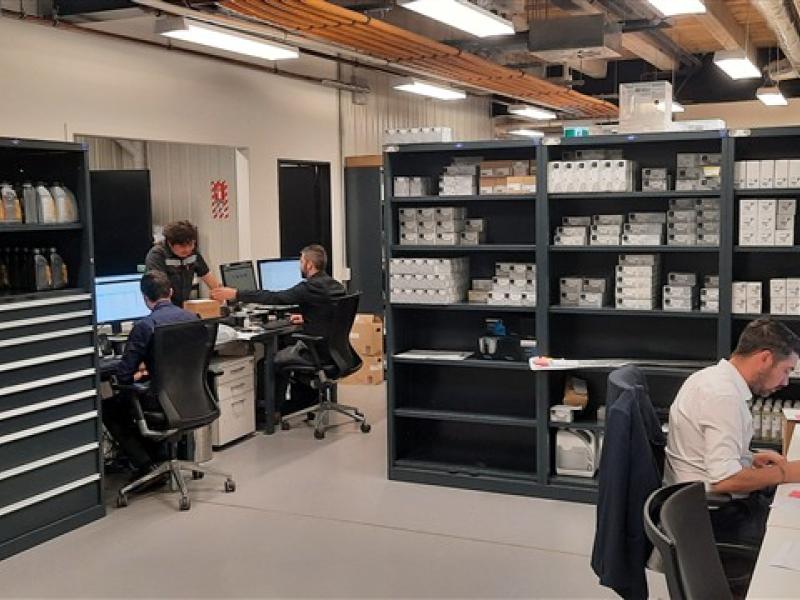I learnt one of my biggest and most formative business lessons in the early 2000s, which was to “treat others how you want to be treated yourself.”
Back then, I was working for a boutique, but highly profitable, commercial real estate company in London. The guy I reported to had a tendency to micro-manage to the utmost degree; not to mention he was also very quick to hand out criticism and almost never handed out praise.
As a result, my confidence eroded and I was reticent to go the extra mile.
So, when I left that company I vowed that if I were ever in a position of authority, I would use this experience to make me a better leader.
How do we apply this lesson to our day-to-day working lives, and what does it really look like in practice?
Don’t micromanage
In my experience, the real magic happens when you encourage people to show you what they can do. After all, if you hired them for a specific role, hopefully they will be as good as, if not better than, you at that role. I have lost count of the number of times team members have surprised me with their ideas and initiative.
Understand different personalities
Our personality type often dictates how we will react to things or people. Realising that there are many different ways to see and react to a situation is critical.
Certain personalities are extremely confident and impulsive. They often act on instinct and gut feeling; if they feel something, it must be true! These people can be formidable (especially if they are intelligent) and can move the immovable by sheer will alone.
However, if they make mistakes, it can be costly.
On the other hand, others can be more introverted and reticent to speak up, and they often try to blend into the background and squirm when under the spotlight. These people can be very thoughtful and perceptive and provide a quieter but still substantial benefit to your business. As they say, still waters run deep.
A leader’s role is to understand different personality types (even if they are totally different from yours) and to try and support, encourage, and get the best out of them.
Work with those who operate on the same values
While having disparate personality types in a business can be a big strength, having aligned values is critical. I sold a stake in my business five years ago, and the purchasers have been on my board ever since. Whilst we may not agree on everything, we have strongly aligned values, and these values have allowed us to have a united front in good times and bad. After five years in business together, I do not have a bad word to say about them.
On the other hand, I have been involved in a couple of other businesses where people’s values have not been aligned so well. Invariably one or both parties end up disappointed in the other, and the relationship ends. This is true with clients, too; I remember the first time I fired a client because of the way they spoke to my team. The impact on morale was worth so much more than the few thousand dollars a month we let go.
It’s about respect
In the end, as the title suggests, you can’t go too far wrong if you treat people in the way you want to be treated yourself. Treat people with respect no matter their station in life, give them the benefit of the doubt, and allow them to express their true selves. Once you do this, the results will speak for themselves.
Richard Conway is the author of ‘How to get to the top of google’ and founder and CEO of Pure SEO.






